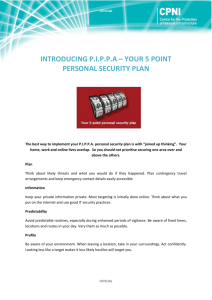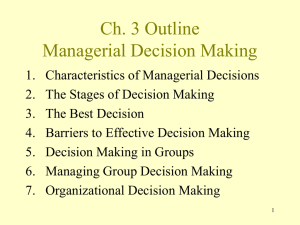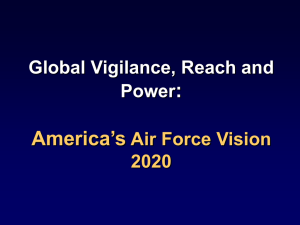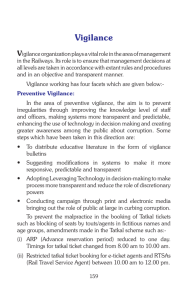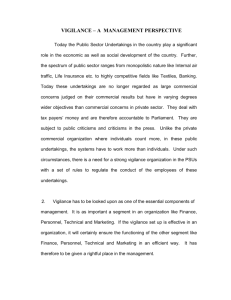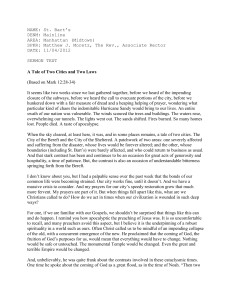Resume - Stanford University
advertisement
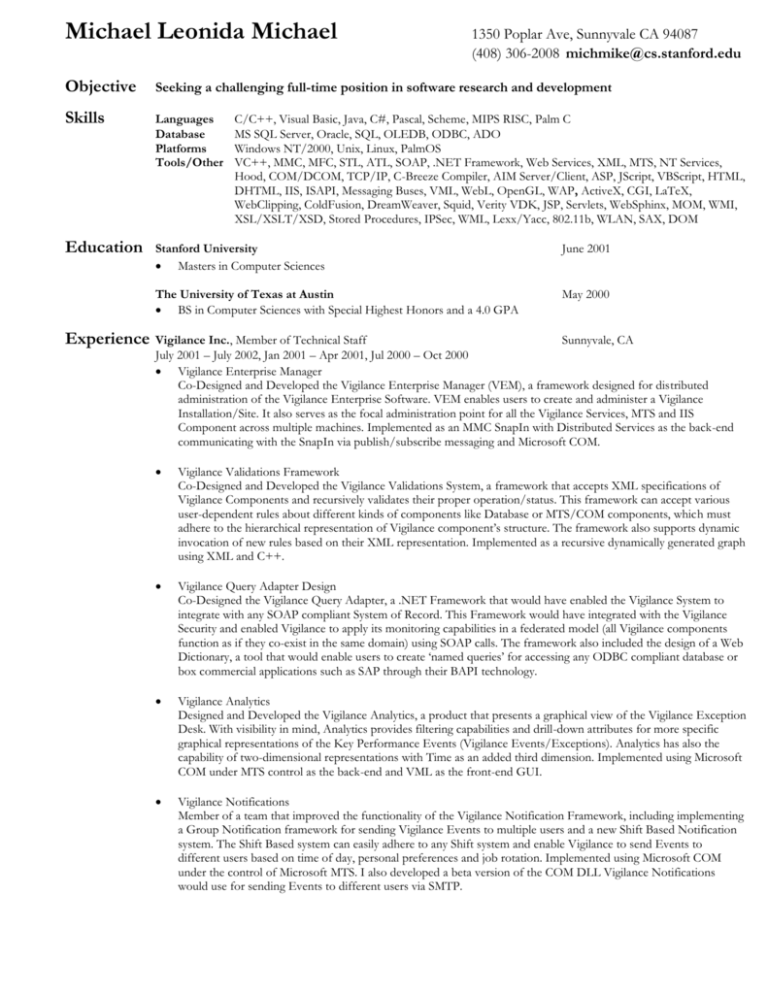
Michael Leonida Michael 1350 Poplar Ave, Sunnyvale CA 94087 (408) 306-2008 michmike@cs.stanford.edu Objective Seeking a challenging full-time position in software research and development Skills Languages Database Platforms Tools/Other Education Stanford University Masters in Computer Sciences June 2001 The University of Texas at Austin BS in Computer Sciences with Special Highest Honors and a 4.0 GPA May 2000 Experience C/C++, Visual Basic, Java, C#, Pascal, Scheme, MIPS RISC, Palm C MS SQL Server, Oracle, SQL, OLEDB, ODBC, ADO Windows NT/2000, Unix, Linux, PalmOS VC++, MMC, MFC, STL, ATL, SOAP, .NET Framework, Web Services, XML, MTS, NT Services, Hood, COM/DCOM, TCP/IP, C-Breeze Compiler, AIM Server/Client, ASP, JScript, VBScript, HTML, DHTML, IIS, ISAPI, Messaging Buses, VML, WebL, OpenGL, WAP, ActiveX, CGI, LaTeX, WebClipping, ColdFusion, DreamWeaver, Squid, Verity VDK, JSP, Servlets, WebSphinx, MOM, WMI, XSL/XSLT/XSD, Stored Procedures, IPSec, WML, Lexx/Yacc, 802.11b, WLAN, SAX, DOM Vigilance Inc., Member of Technical Staff Sunnyvale, CA July 2001 – July 2002, Jan 2001 – Apr 2001, Jul 2000 – Oct 2000 Vigilance Enterprise Manager Co-Designed and Developed the Vigilance Enterprise Manager (VEM), a framework designed for distributed administration of the Vigilance Enterprise Software. VEM enables users to create and administer a Vigilance Installation/Site. It also serves as the focal administration point for all the Vigilance Services, MTS and IIS Component across multiple machines. Implemented as an MMC SnapIn with Distributed Services as the back-end communicating with the SnapIn via publish/subscribe messaging and Microsoft COM. Vigilance Validations Framework Co-Designed and Developed the Vigilance Validations System, a framework that accepts XML specifications of Vigilance Components and recursively validates their proper operation/status. This framework can accept various user-dependent rules about different kinds of components like Database or MTS/COM components, which must adhere to the hierarchical representation of Vigilance component’s structure. The framework also supports dynamic invocation of new rules based on their XML representation. Implemented as a recursive dynamically generated graph using XML and C++. Vigilance Query Adapter Design Co-Designed the Vigilance Query Adapter, a .NET Framework that would have enabled the Vigilance System to integrate with any SOAP compliant System of Record. This Framework would have integrated with the Vigilance Security and enabled Vigilance to apply its monitoring capabilities in a federated model (all Vigilance components function as if they co-exist in the same domain) using SOAP calls. The framework also included the design of a Web Dictionary, a tool that would enable users to create ‘named queries’ for accessing any ODBC compliant database or box commercial applications such as SAP through their BAPI technology. Vigilance Analytics Designed and Developed the Vigilance Analytics, a product that presents a graphical view of the Vigilance Exception Desk. With visibility in mind, Analytics provides filtering capabilities and drill-down attributes for more specific graphical representations of the Key Performance Events (Vigilance Events/Exceptions). Analytics has also the capability of two-dimensional representations with Time as an added third dimension. Implemented using Microsoft COM under MTS control as the back-end and VML as the front-end GUI. Vigilance Notifications Member of a team that improved the functionality of the Vigilance Notification Framework, including implementing a Group Notification framework for sending Vigilance Events to multiple users and a new Shift Based Notification system. The Shift Based system can easily adhere to any Shift system and enable Vigilance to send Events to different users based on time of day, personal preferences and job rotation. Implemented using Microsoft COM under the control of Microsoft MTS. I also developed a beta version of the COM DLL Vigilance Notifications would use for sending Events to different users via SMTP. Vigilance SOAP Framework Design Co-Designed the Vigilance SOAP Framework, a framework that would have enabled Vigilance to dynamically invoke Web Service Methods based on WSDL descriptions, and apply XSLT transformations to the data returned before submitting them to the Vigilance Services for Exception generation. In addition, part of the library would have enabled Vigilance User Exits to invoke Web Methods and Get or Set data based on Monitor and Exception preferences. Wireless Vigilance Designed and Developed the Vigilance Wireless System using WebClipping, AIM, and WML. This framework was targeted for PalmOS and WAP-enabled phones and it involved the communication layer between COM (the Vigilance Back-End) and ASP, as well as the integration of Vigilance with the Aether Back-End Server/Client. Dept. of Computer Sciences, Research Assistant Stanford University Aut 2000, Spr 2001 Worked on the Web Service Automatic Invocation part of the WeSCoS project. One of the problems attacked was building seamless mega-services by semi-automatically composing autonomous services. Advisor: Dr. Armando Fox. In Autumn 2000, I was also a grader in Graduate Programming Languages Dept. of Computer Sciences, Research Assistant University of Texas Jan 2000 - Jun 2000 C-Breeze Compiler Project, Advisors: Dr. Calvin Lin, Dr. Mohamed Gouda Honors Thesis: Evaluating and improving the performance capabilities of the C-Breeze Compiler Jun 1999 - Dec 1999 Multiprogramming Multiprocessors Group, Advisor: Dr. Robert Blumofe Assisted in applications of Hood, a very lightweight user-level threads library for multiprogrammed multiprocessors Jan 2000 - May 2000 Proctor in Abstract Data Types class Jan 1999 - May 1999 Complimentary Grader/Proctor in Digital Systems Engineering (ECE Dept.) Fisher-Rosemount Systems, Software Developer/Intern Austin, TX May 1999 - Aug 1999 DeltaV Batch Historian development team Developed Batch Report to use MS Word as the report engine and Batch Historian Excel add-ins Developed ActiveX controls and Active Server Pages to analyze and display Batch History data on Web pages and enable users to query/modify the Batch Historian Learning Skills Center, CRLA Certified Advanced Tutor Tutored students 12 hrs/week in Computer Science and Mathematics University of Texas Cyprus National Guard, Second Lieutenant Nicosia, Cyprus Commander of Platoon of thirty soldiers and adjutant to the Commanding Officer Honors Stanford University Best Project Award in ‘Advanced Internet Technologies and Systems’ class (paper on publish/subscribe systems submitted for publication to Ubicomp) Best Project in ‘Distributed Databases’ class Best Project in ‘Mobile and Wireless Networks and Applications’ class University of Texas at Austin Dean’s Honored Graduate in 2000 for superior accomplishments in research and academics Graduated with Highest Honors and Special Departmental Honors from Dept. of Computer Sciences Finished 2nd in 1st Annual Programming Contest's Team Division at UTCS Austin (w/ Amol Kelkar) Awarded the UT ACM and UT Microsoft Corporation Scholarship for the academic year 1999-2000 Acknowledged ”Distinguished Scholar with perfect academic record” at 51 st and 52nd Annual Honors Days University Honor List [6 times] Awarded an Advanced Tutoring Certificate by the College Reading & Learning Association (CRLA) Activities Computer Sciences Bureaucrat, 2000-01 Association for Computing Machinery member, since 1998 Panhellenic Student Association member, since 1997 Vice President in 1999-00, Treasurer in 1998-99 Upsilon Pi Epsilon Life Member; Computer Sciences Honor Society President of UT Chapter during academic year 2000 References Available Upon Request Stanford University University of Texas
